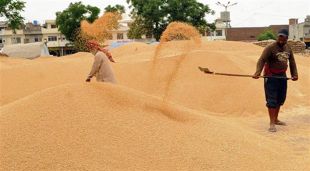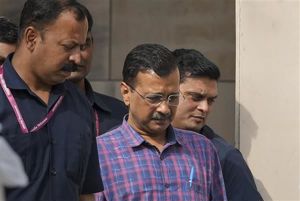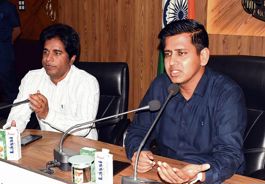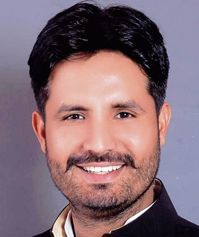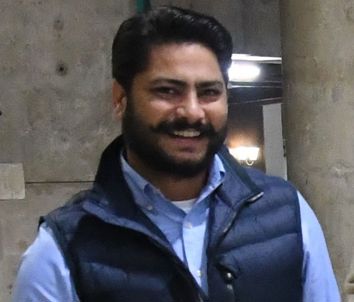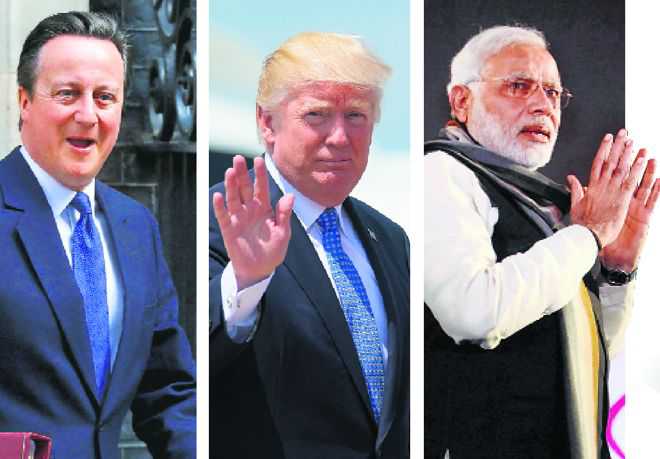
From left: David Cameron, Donald Trump and Narendra Modi. Sell-serving choices by global leaders have catastrophic outcomes for the rest of the world
Sandeep Sinha
Many contemporary politicians have displayed a delusional streak in many of their decisions. Men like Adolf Hitler, Pol Pot, Attila the Hun, Joseph Stalin and Maximilien Robespierre, among others, have exhibited tendencies in an otherwise perfectly rational personality that can only be described as delusional, leading to catastrophic outcomes for the rest of the world. Hardeep Singh Puri, a distinguished career diplomat-turned-politician, has included three countries which were affected as a result of such decisions by such leaders in this book — the UK, the US and India — because he was familiar with their internal dynamics.
The author begins with the UK and the Brexit referendum. It was a decision taken over a pizza at Chicago’s O’Hare International Airport in May 2012. David Cameron came up with the idea to undermine his colleagues as new challengers threatened his position within the Conservative Party. “To smoke them out”, he called for a referendum to put a check on the Euro-sceptics, not realising he was providing a platform to Brexiteers such as Nigel Farage, the leader of the UK Independence Party. It was a perfect example of delusional decision-making, which, the author says, only intensified the problem when Cameron’s successor Theresa May called for a snap poll even as the terms and conditions of Brexit were being negotiated. Puri’s understanding is that the UK is now descending into FUKEW or the Former United Kingdom of England and Wales with demand in Scotland growing over whether to remain a part of the UK or not. The two major parties in Northern Ireland have opposing views on the issue.
With tremendous clarity, the author says the Brexit is a perfect example of delusional thinking. First, the referendum was not required. Secondly, the referendum’s outcome was allowed to be shaped by uncertainties of domestic politics, and finally, the election was called when it was not due, especially when the government held a comfortable majority. It was a decision taken on the basis of flawed analysis. Cameron had wanted to switch on to a new generation of social entrepreneurs and businessmen who would “overlook his two silver spoons” and see him as a man who sympathised with their struggles. But when their support was put to test, he failed.
The Brexit results were followed by the election of Donald Trump in the US, who beat 16 other Republican candidates and two Democrats, to the top job who had far more experience. Puri says the basic factor that steered Trump’s win was the angst of the white working class Americans who felt disadvantaged as a result of globalisation — automation, off shoring and the growing power of MNCs. Trump built a narrative that struck a chord with them. He made them believe that their interests under President Obama had been short-changed.
The author quotes sociologist Arlie Hochschild to explain what pushes the right further right. First, the right holds traditions and beliefs they think the government impedes. Secondly, these traditions, the foundation of their way of life, are increasingly shamed by the liberals. As a result, sections that had little claim to a liberal, internationalist America, created an ideological partition. Trump championed the people against an elite accused of coddling a third group, in this case, the immigrants and the minorities — the takers while the people, the American right — were the makers. The third major development is the 2014 General Election in India. The author asks who was delusional — the Congress party that from its position of strength came down to less than 10 per cent seats in the Lok Sabha or the man who called for a Congress-mukt Bharat?
The author believes 2014 elections have brought about a paradigm shift in the country’s politics and economic governance. Quoting Cambridge historian Angus Maddison, he says India’s contribution to global output in 1700 stood at 27 per cent. By 1950, it had come down to 3 per cent and is today at 13 per cent. The author, who can be accused of making this conjecture in keeping with his political predilection, says that under PM Narendra Modi India is poised to become a trillion-dollar economy by 2025. He discounts the Congress win in three Hindi heartland states in December 2018 and believes these will not pose any threat to the NDA at the Centre.
There is praise for Pranab Mukherjee, who was External Affairs Minister and also the chairman of 95 Group of Ministers and Empowered Group of Ministers, a practice, Puri believes, undermined the authority of PM Manmohan Singh. He believes Mukherjee could have been the PM. Does this observation have anything to do with recent developments like Pranab Mukherjee visiting the RSS headquarters at Nagpur and the Modi government conferring the Bharat Ratna on him? Puri also gives an interesting account of how obsequious the Congressmen are towards Sonia Gandhi, not sitting beside her on the same sofa or car seat.
The book is a fine example of studying contemporary history with tools of analysis. The theme is explained by saying that a delusional politician is at the heart of delusional politics, encouraged by self-expertise and self-serving, motivated advice. Puri also dwells on post-truth politics that moulds reality not by evidence but by whichever narrative that complements their pre-existing biases. The value of truth is in decline and political reality is being replaced by political narratives — Brexit and Trump’s election being its examples.
The book is a wonderful read that helps understand recent developments, enriched in no small measure by the author’s illustrious career and exposure to the charmed circles of diplomacy.





















